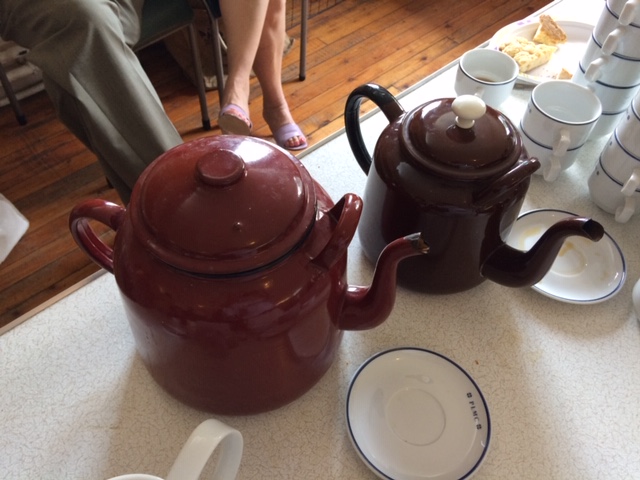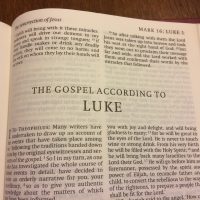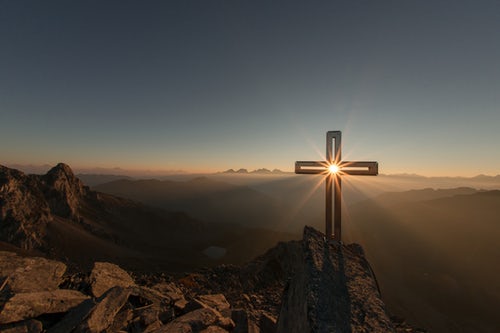Reflection – Palm Sunday, given by Revd Sue McCoan
This week marked one year since the start of the first lockdown, and there have been many recaps and reflections over what the year has brought. One of the abiding images, for me, has been the footage of Covid patients who have been in intensive care, maybe on ventilators, but have survived and are now ready to go home. And as they emerge from the unit, the doctors, nurses and other hospital staff who have been treating them, lining the corridor in a sort of guard of honour, applauding them as they go.
I saw it on the news in the early days, and then again in a recent documentary about the pandemic that featured the writer Michael Rosen, who was himself seriously ill. When his turn came to be wheeled out, the camera lingered on the staff faces, and there was no mistaking that look of care, and love, and pride in their patient and in their shared achievement. And this was after months of working to exhaustion, dealing every day with pain and death and loss. Their applause was an affirmation of that patient, but also of their work and dedication and of the triumphs that lived alongside the tragedy.
The people of ancient Israel, long before Jesus, had their fair share of triumphs and tragedies, and many of these are reflected in the psalms. Psalm 118, which we used in our call to worship, and will hear some more verses from shortly, is a psalm of rejoicing, giving thanks to God for deliverance from distress. The format of the psalm suggests that it is a liturgy, an act of worship, possibly part of a procession. It was, and I think still is, one of the psalms used by Jewish people as part of the Passover celebrations – it was sung after the meal, and it might therefore have been one of the hymns that we’re told Jesus sang with his disciples after the last supper, before they went out to the garden of Gethsemane.
It’s certainly a psalm that people knew, and knew well. And you will recognise some of the words.
Bible reading: Psalm 118:25-29
‘Blessed is the one who comes in the name of the Lord’. ‘Bind the festal procession with branches’.
Imagine you were one of the people who had followed Jesus in Galilee, who had come all the way to Jerusalem with him for the Passover festival. Imagine you were one of the people who lived in Jerusalem, who had heard about this remarkable preacher and were excited to see him in person. Imagine your hope, your pride, your joy, as your hero is about to enter your capital city, the seat of power, the home of the Temple. Imagine Jesus, knowing everyone is waiting for him, wanting to see him.
As Jesus rides into town, the crowd breaks into spontaneous applause, cheering, singing – and what better song than this psalm of triumphal procession.
Bible reading Mark 11:1-11
Jesus arranges to borrow the donkey; the crowd bring their cloaks and branches and songs. Between them, they stage a procession that echoes military victory, the reclaiming of the Temple and ancient prophecies. It’s a great moment of triumph and joy.
But here’s the thing. Jesus already knows what is going to happen to him in Jerusalem. Three times – at least three times – he has told his disciples he will be handed over to the authorities and killed. The disciples haven’t fully understood, and most of the crowd don’t know, but Jesus knows. So why make such a spectacular entrance? Why draw the attention of people who are out to kill you?
I suggest two reasons. One is that the crowds are a protective measure. The popular support for Jesus makes it much harder for the authorities to do away with him. But the other, I think, is that Jesus knows that the people have a need to celebrate his arrival, and to express their thanks and praise. It is a big moment for them, and he is going to enter into that moment wholeheartedly, regardless of what else he knows is coming.
I think this is a huge help to us, as we deal with what are still very uncertain times: to celebrate the moments that need celebration, regardless of what else is going on. Those hospital nurses and doctors knew that, as soon as their recovering patient was out the door, they would be straight back to the other patients, still in crisis, still with more coming in every day. It didn’t matter. They still needed, wanted, to celebrate that patient, that recovery.
Some of us have got through this last year pretty much unscathed. Others have dealt with anxiety, hardship, illness, and death and have really struggled. We know that, as we emerge from lockdown again, there are people who can’t wait to get out and party, and others who will come blinking into the light, not sure how to negotiate a landscape that has changed almost beyond recognition. We will need great gentleness and patience as we learn to be social animals again. But when there are times of rejoicing – and there must surely be a backlog of anniversaries and events to be celebrated – let us not be afraid to rejoice. It does not diminish or disrespect the dark times. We know that there has been suffering and that there will be more to come; but we also know, as the psalmist says, that God is our salvation; that the Lord is God and he has given us light.
We enter into Holy Week with Jesus, with our heads held high, and songs of praise in our hearts, trusting that God is with us all the way.
Amen.







